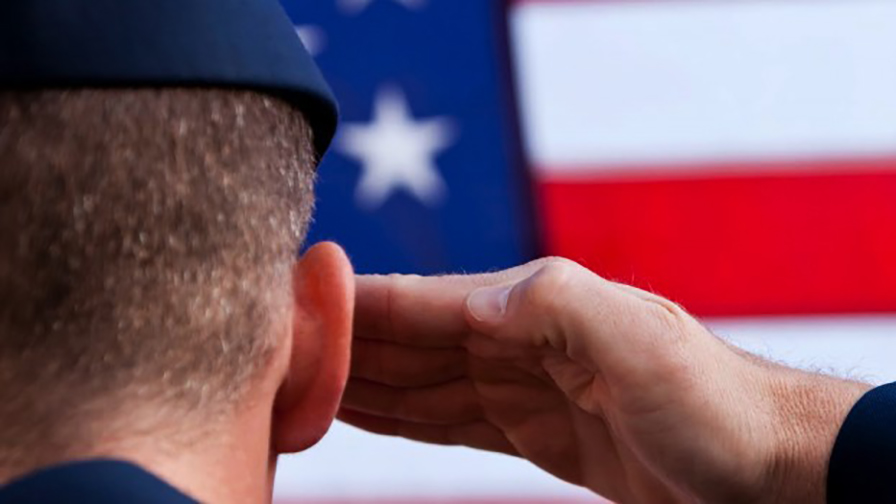
Veterans and military families from all eras of service are reacting to the events currently unfolding in Afghanistan. Regardless of your reaction or response to the United States’ withdrawal, the veteran community at Intermountain wants you to know you’re not alone.
Jim Lamadrid, co-chair of the Military Caregiver Resource Group, says, “Veterans may question the meaning of their service or whether it was worth the sacrifices they made. They may feel more moral distress about experiences they had during their service. It’s normal to feel this way. Talk with your friends and families, reach out to battle buddies, connect with a peer-to-peer network, or sign up for mental health services.”
Veterans may be experiencing:
- Frustration, grief, sadness, or distress
- Anger or a sense of betrayal
- An increase in PTSD, depression, or other mental health symptoms
- More homecoming or military memories
- Difficulty sleeping
- increased substance use or desire to increase substance use
- A preoccupation with danger or with preparing for danger
- A desire to avoid social situations or other reminders of their military experiences
Kristy Jones, Community Health director, recommends some coping strategies for veterans that may help:
- Recall the ways your service made a positive difference in others’ lives or your life.
- Remember now is just one moment in time and things will continue to change.
- Focus on the present and engage with what is most meaningful and valuable to you, be it family, work, exercise, hobbies, or spiritual practices.
- Use these foundational coping strategies: Engage in positive activities, stay connected to people, practice good self-care, stick to your routines, limit media exposure, and ask for help.
There are many resources specifically for veterans and military families, including online coaches, local support groups, mental health apps, and mental health care providers. See Jim’s Yammer post for links to resources that can help you or someone you care about. You can also visit the Military Caregiver Resource Group webpage for resources and to connect with the veteran and military community at Intermountain.

